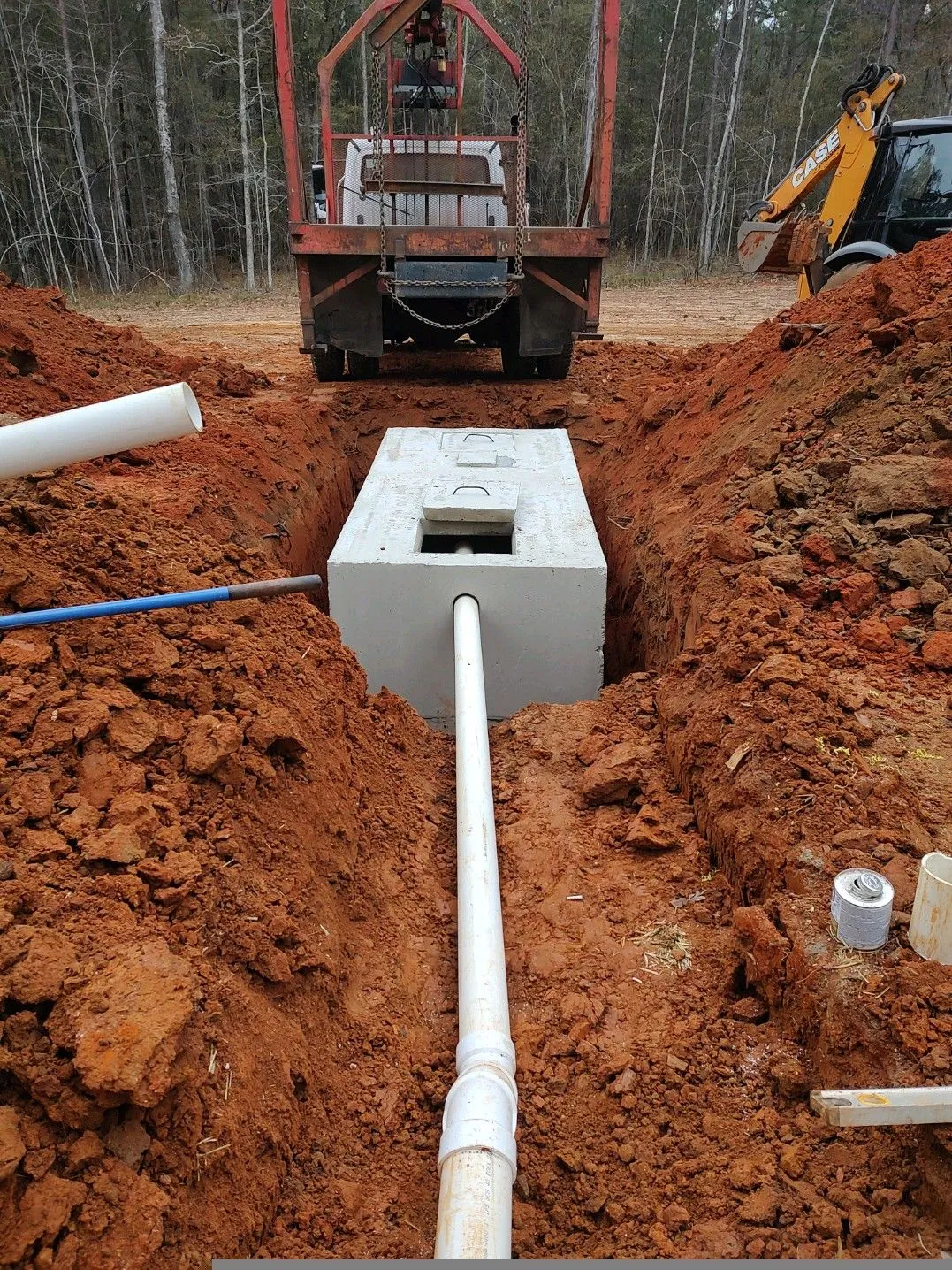
Understanding Septic System Regulations in South Georgia: What Homeowners Need to Know Oct 22, 2025
Septic systems are essential for homes not connected to municipal sewer systems. They process and treat wastewater, ensuring it is safely absorbed without contaminating water supplies. Each state, including Georgia, has specific regulations governing the installation, maintenance, and operation of these systems. As a homeowner, acquainting yourself with these guidelines is key to safeguarding your property and community.
One primary aspect of septic system regulations in South Georgia is permitting. Before installation or major repairs, homeowners must obtain the necessary permits from the local health department. This requirement ensures systems are appropriately planned and executed, adhering to environmental and safety standards. South Georgia Septic recommends consulting with a professional service to navigate the permitting process, ensuring all local and state guidelines are met without hassle.
Regular maintenance schedules are another critical component of septic compliance. Georgia regulations mandate periodic inspections to prevent system failures, which could result in environmental hazards and costly penalties. Routine pumping and inspections help preempt potential problems, extending the lifespan of your septic system while ensuring it operates efficiently. South Georgia Septic advises homeowners to keep a detailed maintenance log, documenting every service performed. This record not only provides peace of mind but can also serve as proof of compliance during any regulatory inspections.
Proper understanding of setback requirements is also crucial. Setbacks are the mandatory distances your septic system must maintain from structures, water sources, and property lines. These distances are designed to protect your water supply from contamination and to prevent system overload. Knowing these requirements before installation can help avoid costly fines and system reconfigurations. Engaging with local experts, like South Georgia Septic, can simplify this process, ensuring all setbacks are properly accounted for during system design and installation.
Another important regulation involves the household size and water usage, affecting the septic system's capacity. The size of the septic tank and drain field must be adequate to handle the water volume efficiently. As water usage increases, so does the demand on your septic system. Excessive water flow can lead to system failure, making adherence to these regulations not just a legal matter, but a practical necessity as well.
Lastly, South Georgia’s regulations emphasize environmentally responsible practices. This means ensuring no hazardous substances, like oils or chemicals, enter your septic system. Such materials can disrupt the microbial action essential for waste treatment and can harm local ecology. Homeowners should educate all household members on what materials are safe for disposal into septic systems.
In conclusion, while comprehending septic regulations in South Georgia might appear daunting, the task becomes manageable with the right guidance. Staying informed, keeping detailed records, and engaging experts when needed are foundational steps toward compliance. At South Georgia Septic, our goal is to support homeowners in maintaining systems that are efficient, environmentally friendly, and regulation-compliant. Whether you’re embarking on a new installation or maintaining an existing system, understanding these regulations is pivotal for a seamless, worry-free experience.
/filters:no_upscale()/media/9ea110d9-8e86-4c63-8848-b19e6ea2c83a.jpg)